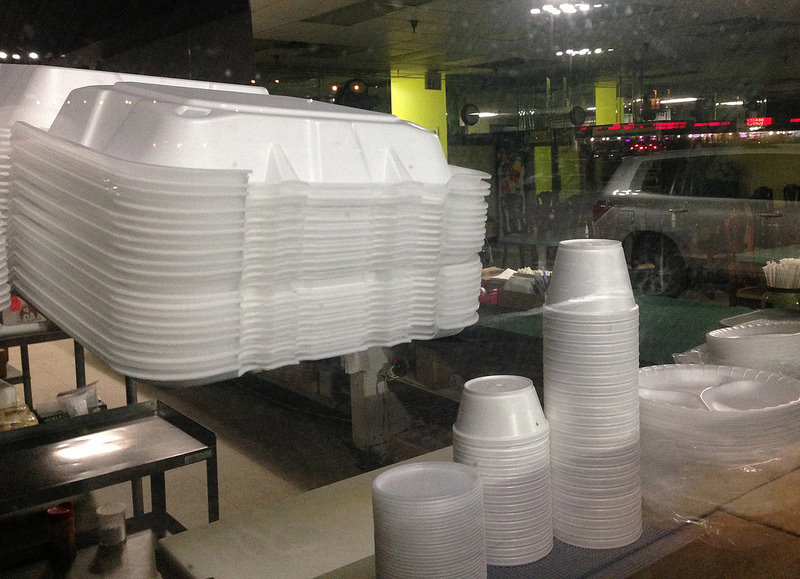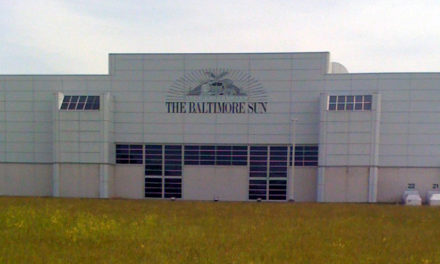By Casey Jenkins
Mayor Catherine Pugh gave her second State of the City address March 12, laying out a bold vision for the future of Baltimore City. After saying that the city has received “too much attention for all of the wrong reasons” she called upon the Baltimore business community to help finance a $1 billion investment fund for the city.
While investing in underdeveloped neighborhoods is a noble goal and critical to addressing the issues of crime and unemployment in the city, so far she has only committed about $2 million of city funds to the effort. She is apparently counting on Baltimore’s businesses to contribute the other $998 million toward making her talking point into a reality.
Another major focus of her speech was for the expansion of the city’s YouthWorks program, which already has over 16,000 applicants for summer jobs. Here again, the mayor is asking Baltimore’s businesses to step up to create positions for all of the teens that are looking for jobs.
Yet, even as the mayor is asking for the business community to open their wallets to provide jobs and money for government programs, the Baltimore City Council just passed anti-business legislation that will make it harder for the restaurants, hospitals, and caterers to hire new staff and balance their books. The city council passed a bill that would make using polystyrene containers, commonly known as Styrofoam, a crime. This bill would hurt the exact businesses that Mayor Pugh is asking for help.
Hurting youth employers
Some of the biggest job providers to the YouthWorks program are Johns Hopkins Health System, the University of Maryland Medical Center, and Martins Caterers. Why would healthcare and food services companies want to help a city that is focused on taking away the inexpensive containers they rely on for their low cost and effective insulation? Alternative packaging is far more expensive than foam, so forcing restaurants and healthcare facilities to pay more already acts as a tax on these vital businesses.
Cheryl Glenn, a Democratic state delegate from Baltimore, opposes a polystyrene container ban for exactly that reason. “In my opinion, you can’t pile on too heavily with something that would be devastating to the businesses,” Glenn said. Even as the city council passed one of the harshest bans in the country, the state legislature rejected proposals for a statewide ban.
Signal pro-business attitude
Mayor Pugh needs to signal that she is serious about partnering with the business community to make the investments needed to make Baltimore the “city on the rise” that she referred to in her address. An important first step would be to veto the foam ban bill that is on her desk.
If she wants to promote jobs and the environment, putting teens to work cleaning up litter in the city and implementing a curbside foam container recycling program would be a good place to start. These initiatives would cost only a tiny fraction of even the $2 million the city has committed to the neighborhood investment fund and would be a strong signal that Baltimore can be a clean, safe, and business-friendly city.
Mayor Pugh should be applauded for addressing the issues Baltimore faces. The record-breaking 343 people killed in the city last year, and the police corruption and brutality that have plagued the city cannot be allowed to continue. The police reforms that have already taken place and expanding the youth jobs program are a good start.
However, the mayor is also right that the scale of neighborhood development goes far beyond the resources the city alone can commit to the effort. The business community will need to play a large role in funding the neighborhood effort and providing the jobs and opportunities that will make short-term gains last.
The way to do that is by supporting the business community and partnering with them to ensure that investment doesn’t just get talked about, it actually happens. Mayor Pugh should veto the foam ban bill that would make using takeout containers a crime and then work with the city council and local businesses to implement real solutions.
Casey Jenkins is the owner of Darker Than Blue Café and a founder of the Black Restaurant Challenge in Baltimore.







What you leave out is that countless cities both here and abroad do just fine without trash that fills our waterways, but those places lack the throw-it-away culture we have adopted here. What you include is a myopic view of small business that fails to take into account the long term negative impact of this type of trash on those businesses and society writ large. What you further leave out are the millions that can be made by industrious entrepreneurs who can fill this need to provide low cost reusable, recyclable, or compostable food containers that fits squarely into a pro business model future where businesses of the 21st century can address societal needs while making significant profits. The arguments you make here have become so tired, and so refutable, that the virtual ink used to pen them is as wasteful as the styrofoam, bottles, and bags we use in our throw away culture.